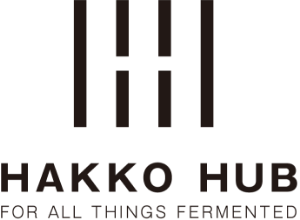Koji and Your Health
Last October, American food professionals visited fermented food producers to deepen their knowledge of Japanese fermentation culture during the “Hakko Tourism in Japan” tour campaign. As part of the tour, organizers held a tasting session where guests gave candid advice from the perspective of the American market to food product manufacturers looking to enter the United States market.
I would like to continue to share my thoughts on this new base, albeit on a personal level.
It has been almost two months since I moved to my new base. Every day, time passes at an unbelievable speed.
We moved from our previous base with a huge number of bottles, jars, buckets, and other containers, most of which had contents in them.
The largest quantity is miso. Next is soy sauce various flavours. Others are koji fermented seasonings that I cannot count (and cannot remember), kombucha, vinegar, enzyme syrups, dried apricots, etc.
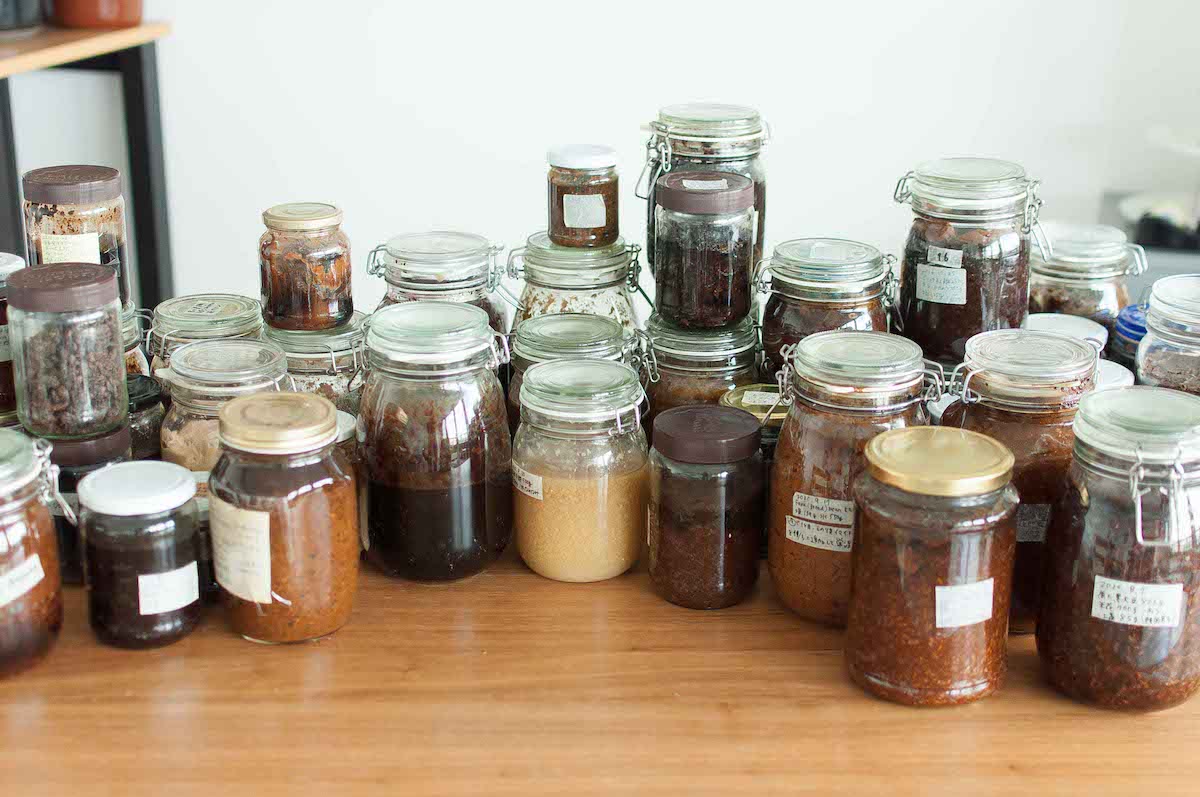
A question we are often asked is whether contamination can occur by making koji in an environment where a variety of fermented foods are placed like this.
The short answer is: no, we don’t. Rather, there will surely be crowding on a microscopic scale, but there will be no spoilage. We also eat natto.
The only thing we are careful about is that we don’t walk on dirt, we try to polish the floor as much as possible and clean it frequently.
I probably pay twice as much attention to cleanliness as most people. And to keep the environment clean, tidiness is an ironclad rule. If things are not cluttered, they are easier to clean and maintain.
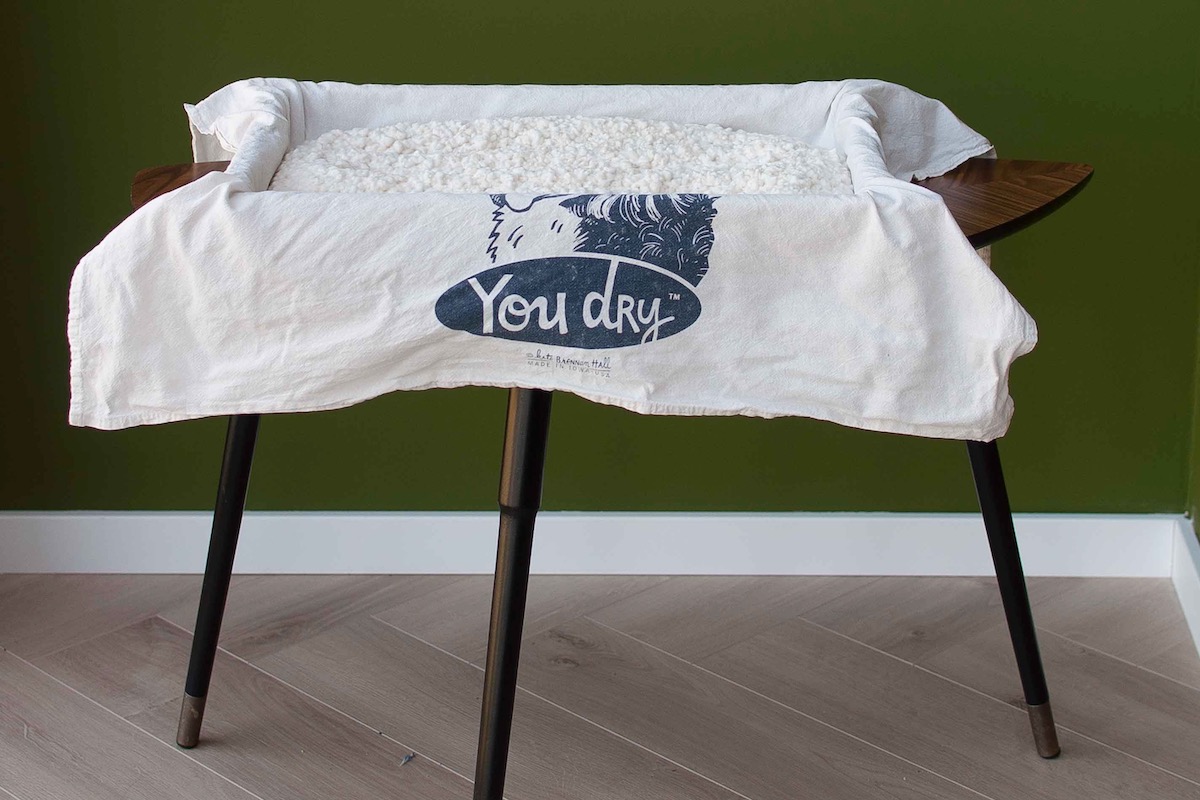
You see, as Konmari says, you must decide where they should be. Prepare the place where it should be, and allocate it.
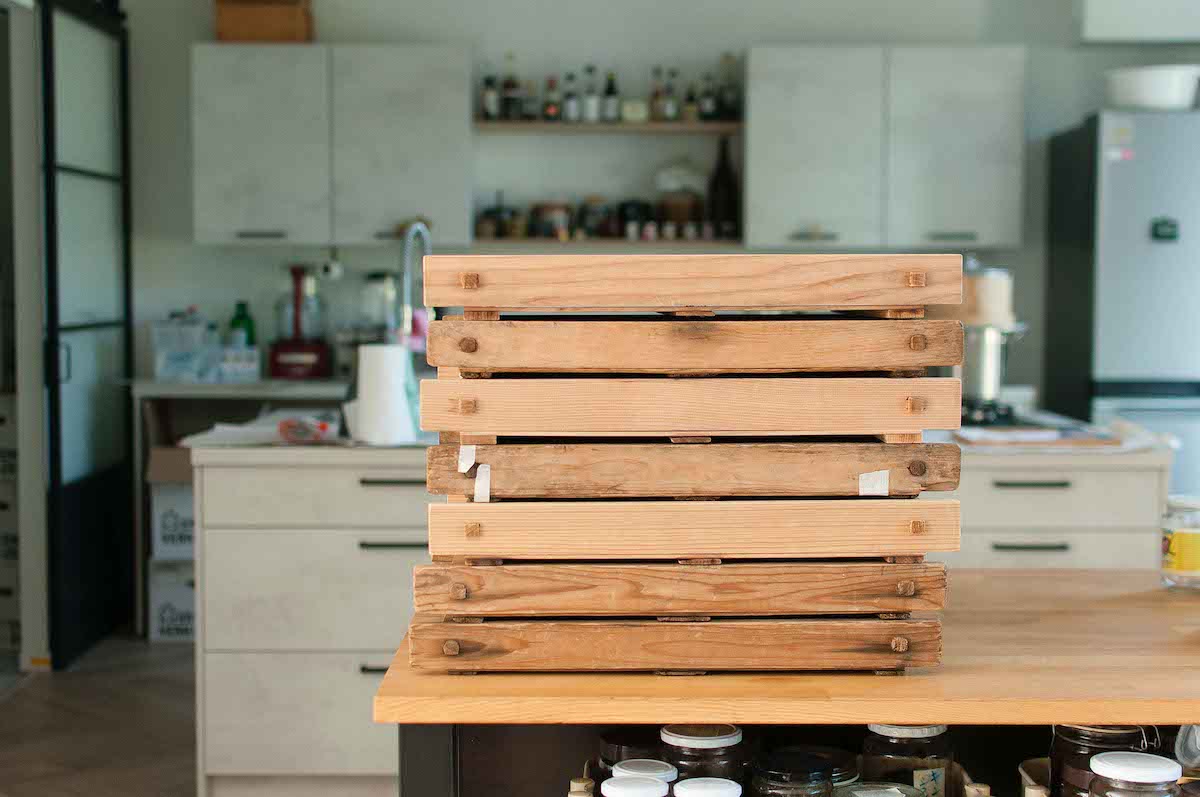
I would like to talk a little more about mentality this time. Koji making is influenced by your own condition, in other words, your health, your mind and your mood. If you make koji with a careless mind, you will make a messy product, and if you make koji with a careful mind, you will make a careful product.
This is because growing koji is the same as growing a living thing, and it is also connected to sustaining your own life.
To nurture something, you must have the confidence to nurture yourself. This is because you have to practise all your senses and concentrate your nerves, smelling, touching, licking and looking at the object in order to check its condition.
And those senses need to be sharpened in order to prolong one’s own life activity. If you are suddenly unable to notice your own ailment, you will not be able to notice the ailment of the person you are nurturing. If this continues, you will become distrustful of your own senses and you will not feel alive. As a result, koji does not grow very well because you cannot trust yourself to nurture anything.
When you can trust your own senses, you become more confident. Even when you are growing something, you can quickly realise what the object needs. What does the rice need at the moment? Is it moisture or heat retention? Or is it in the wrong place, and what can we do to make up for it? These are questions we ask ourselves over and over again in our lives.
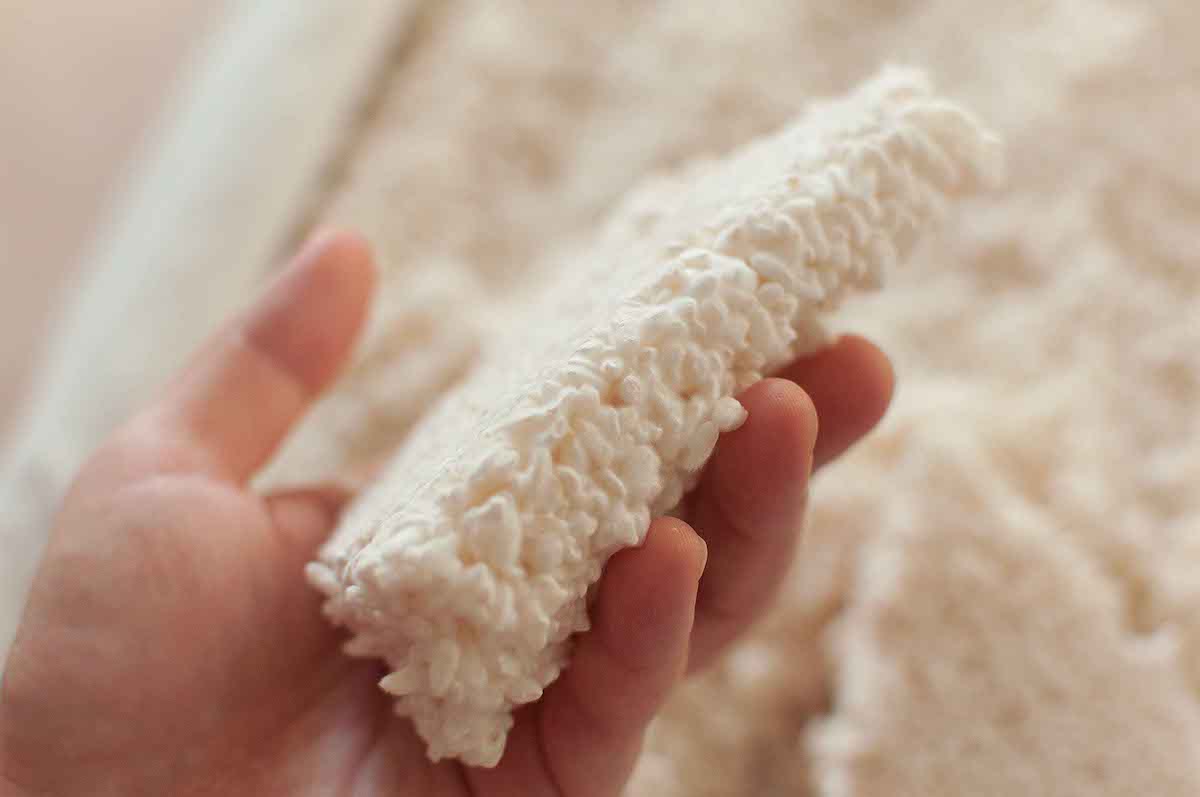
The answer you get back then should lead you to a solution to the koji making problem at that time. Try to listen to it.
Marika Groen is the head of Malica Ferments, an online platform dedicated to fermented products. As a Kojiologist, traveler, brewer, photographer, and writer, she published the book "Cosy Koji" in 2021, offering insights into the art of Koji making based on her worldwide lectures and experiences.
